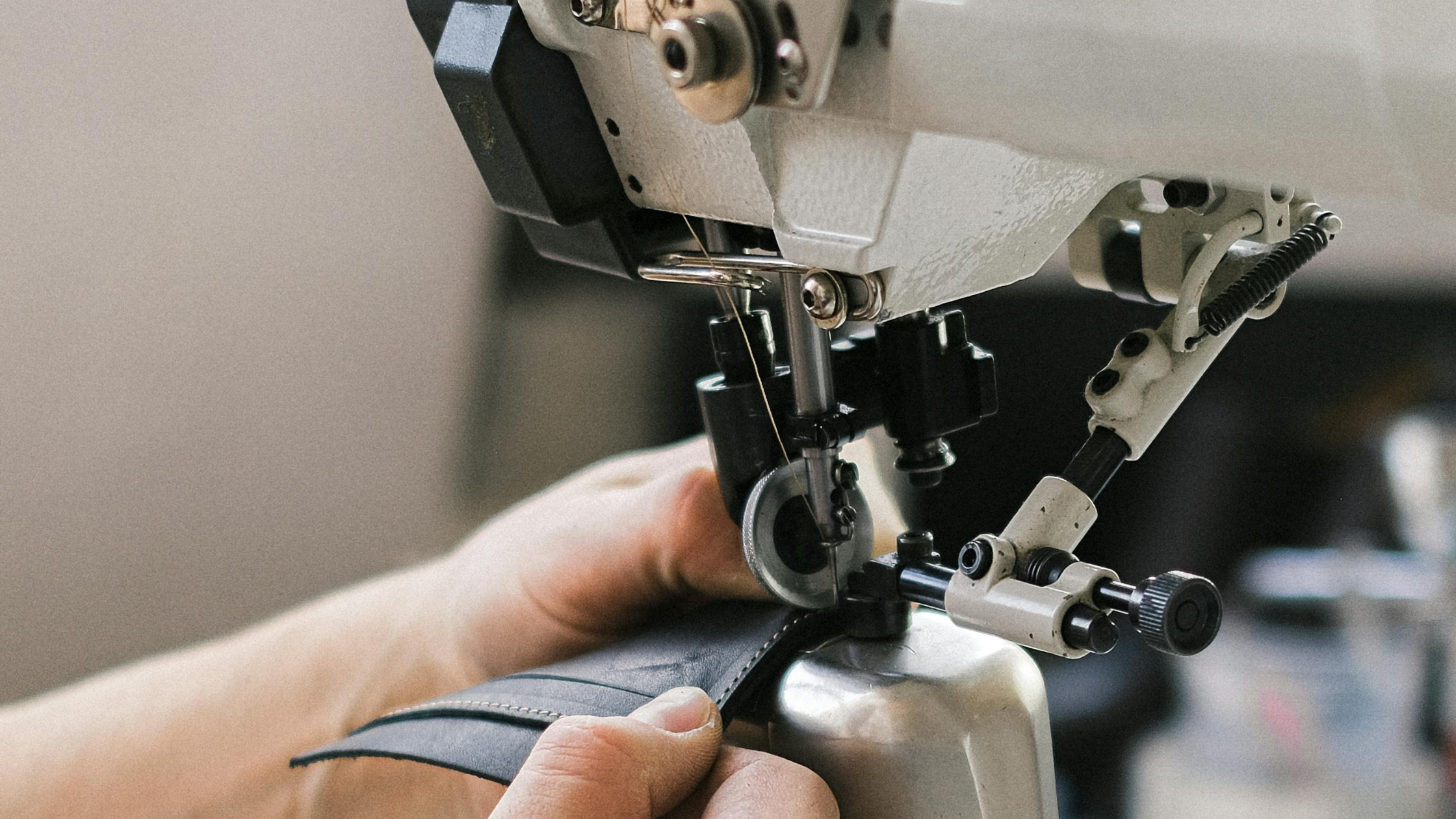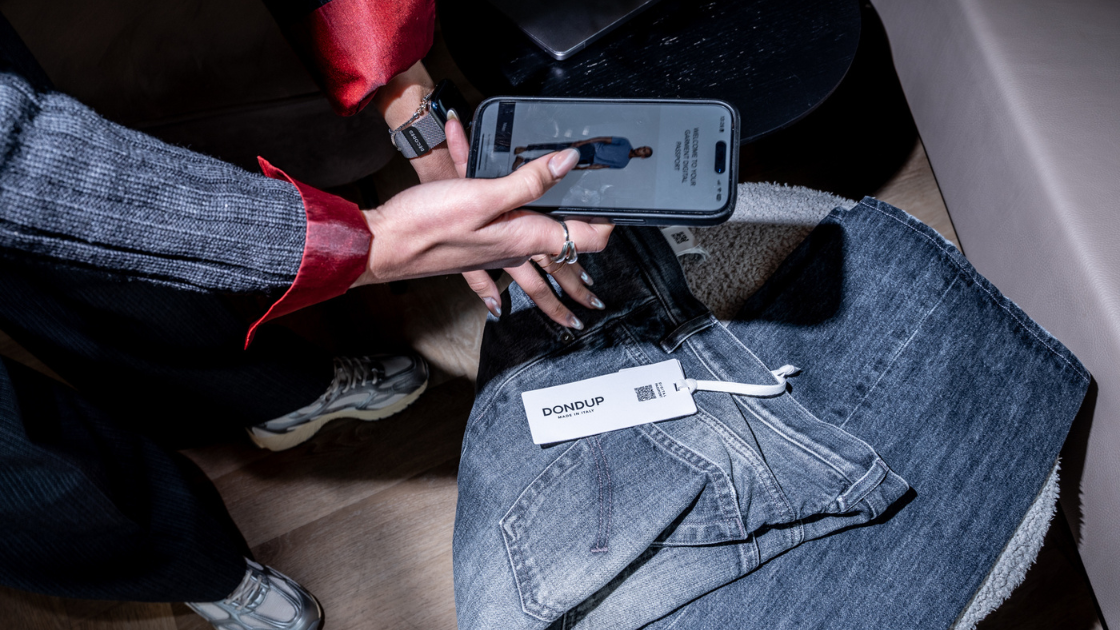In an era where counterfeit luxury goods are flooding the market, ensuring authenticity has become a top priority for high-end fashion brands. Consumers are increasingly looking for ways to verify the origin and legitimacy of their purchases, making authentication services a crucial element in modern luxury retail. Implementing an authentication system not only protects brand equity but also fosters trust and loyalty among customers.
With the rise of digital innovations, luxury brands can integrate authentication services seamlessly into their Digital Product Passport (DPP) systems. Rather than just ensuring compliance with EU traceability requirements and supply chain transparency regulations, a DPP can also serve as a customer-facing interface where authentication details are easily accessible. This approach enhances trust by providing consumers with verified product information in an interactive and transparent way.
In this guide, we’ll explore what an authentication service entails, leading solution providers, and how to integrate authentication into a Digital Product Passport for textiles and fashion.
What Is an Authentication Service in Luxury Fashion?
Authentication services verify the legitimacy of luxury goods, ensuring that items are genuine and not counterfeit. These services utilize various technologies, including:
- NFC (Near Field Communication) chips: Embedded in products to provide instant verification via smartphone scanning.
- Blockchain-based authentication: Immutable digital records that track a product’s history from creation to resale.
- AI-powered verification: Machine learning algorithms analyze product details to detect counterfeits.
- Unique QR codes linked to Digital Product Passports: Consumers scan a unique QR code to access an item’s authentication details, provenance, and sustainability impact.
These authentication solutions are particularly beneficial for brands engaged in resale markets, enabling them to maintain control over product authenticity and lifecycle management.
Leading Solution Providers for Authentication Services
Luxury brands can leverage authentication technology from industry leaders specializing in textile supply chain mapping software and supply chain traceability software. Some notable authentication providers include:
1. Vaultik
Vaultik provides a blockchain-based authentication platform that allows brands to secure their products with a unique digital identity. Their solution integrates easily with existing e-commerce and DPP platforms.
2. Entrupy
Entrupy uses AI and machine learning to analyze product materials and provide instant authentication. This service is widely used for verifying high-end handbags and accessories.
3. Certilogo
Certilogo offers QR code-based authentication, allowing consumers to scan and verify a product’s legitimacy. The platform also provides insights into product provenance and ownership history.
Each of these providers offers unique authentication solutions that cater to different segments of the fashion industry regulations and brand requirements.
How to Integrate Authentication into Digital Product Passports (DPP)
The EU Digital Product Passport regulation mandates increased traceability and transparency in the fashion industry. By integrating authentication into a DPP system, brands can provide customers with verified information about their purchases while staying compliant with regulations.
Step 1: Choose an Authentication Provider
Select an authentication solution that aligns with your brand’s needs. Consider factors such as scalability, ease of integration, and compliance with reporting standards.
Step 2: Connect Authentication Data to DPP
Ensure that authentication details (e.g., blockchain records, AI analysis, or QR code verification) are linked to the Digital Product Passport. Rather than serving solely as a compliance tool, the DPP becomes an interactive customer experience, offering real-time authentication results directly within the platform. This enhances the product's credibility and improves engagement.
Step 3: Get Serial-Level Product Information
For authentication at the individual item level, serialization is key. Renoon supports the integration of GS1 international standards, enabling the creation of Digital Links with Serialized Global Trade Identification Numbers (SGTIN).
Step 4: Implement QR Codes or NFC Technology
Luxury brands can embed QR codes or NFC chips within products, allowing customers to scan and verify authenticity instantly. This method not only deters counterfeiting but also offers additional product lifecycle insights, aligning with sustainable practices in supply chain management.
Step 5: Ensure Compliance with Digital Product Passport Regulations
To meet EU regulation requirements, brands must ensure that consumers can access the relevant product information. Using an automated compliance software – such as Renoon – can help manage data integrity and ensure regulatory adherence.
The Future of Authentication in Luxury Fashion
Authentication services are rapidly evolving, with AI, blockchain, and IoT technologies shaping the future of counterfeit prevention. Emerging trends include:
- Integration with resale platforms: Brands incorporating authentication to facilitate secure secondhand luxury markets.
- Advancements in AI and biometrics: Enhanced machine learning models and digital fingerprinting to improve authentication accuracy.
As luxury fashion continues to prioritize transparency and compliance, authentication services will become a standard component of Digital Product Passports—not only for regulatory reasons but also as a direct-to-consumer trust-building tool.
Final Thoughts: Secure Your Brand
As fashion industry regulations evolve, luxury brands must adopt authentication solutions that enhance product credibility while complying with EU traceability requirements. Integrating authentication services into Digital Product Passports ensures long-term brand protection, customer trust, and regulatory alignment.
At Renoon, we provide a comprehensive Digital Product Passport solution that enables brands to map supply chains and integrate authentication services. By partnering with Renoon, your brand can seamlessly implement authentication technology while enhancing supply chain traceability and transparency.
Explore Renoon’s Digital Product Passport platform today.








.png)
.png)


.png)
.png)


.png)
.png)

.png)

.png)
.png)
.png)


.png)
.png)
.jpg)
.png)






.png)


.png)
.png)













.png)
.png)
.png)

.png)
.png)
.png)
.png)
.png)


.png)
